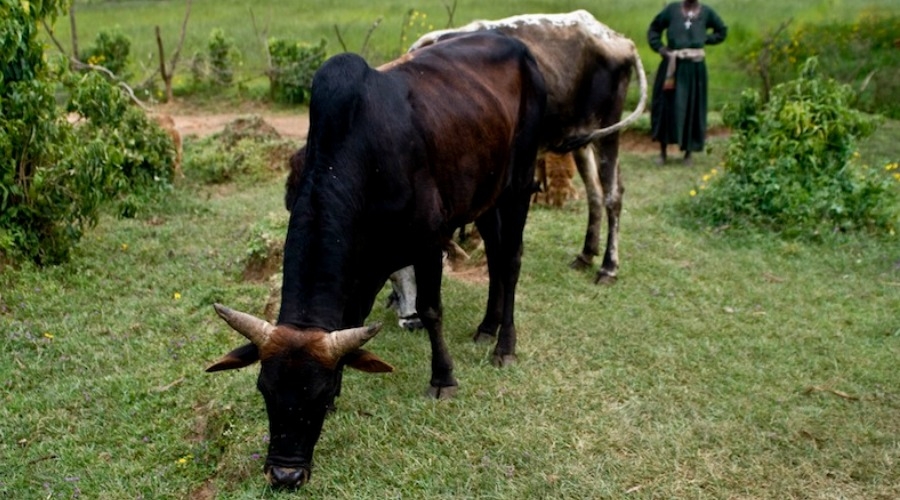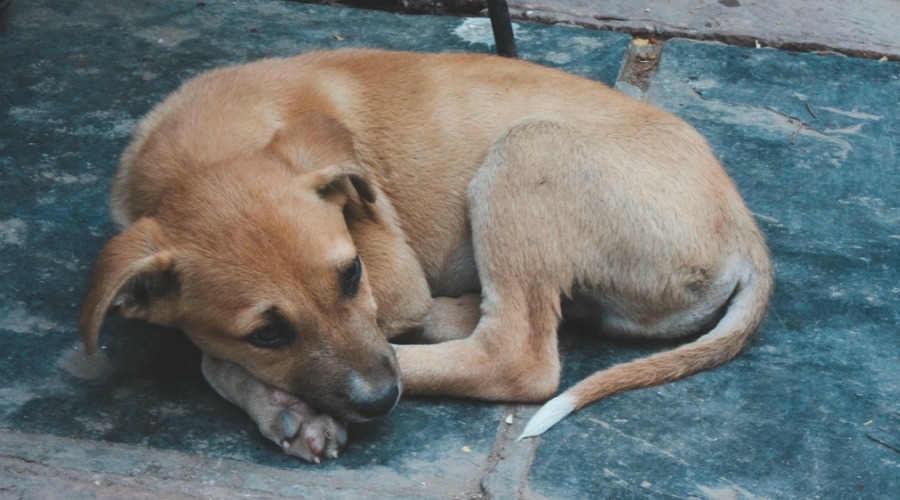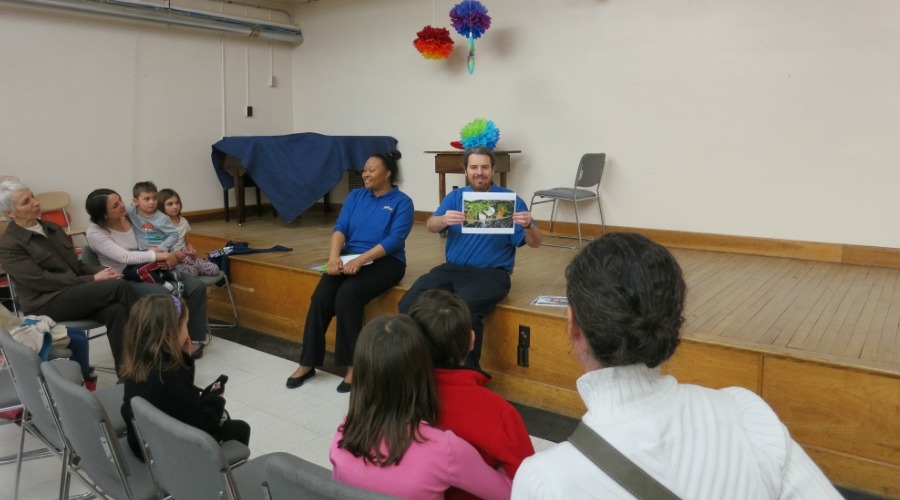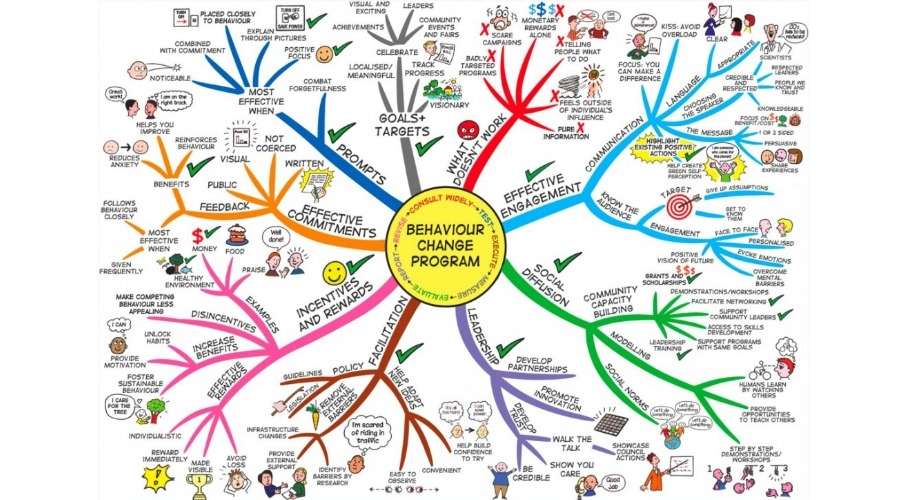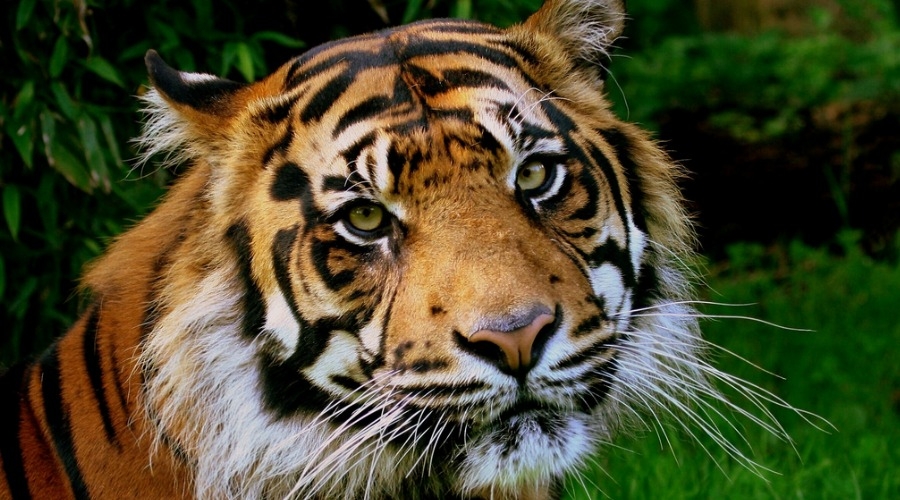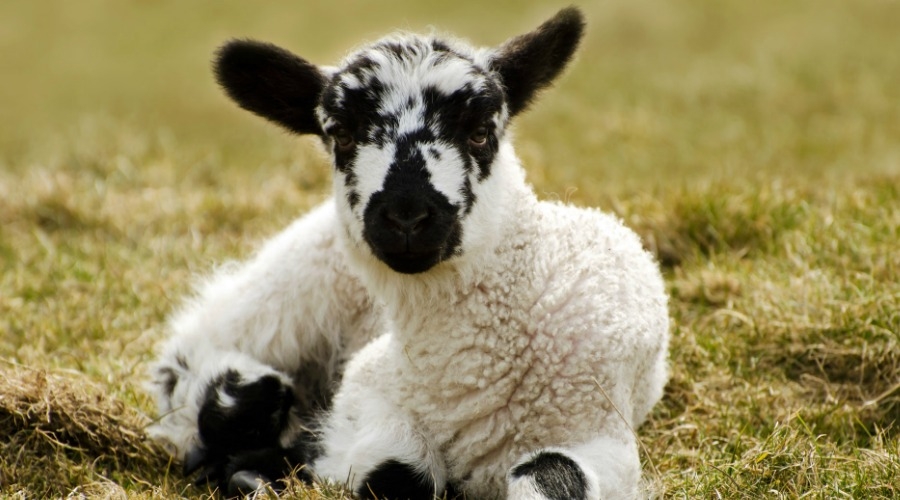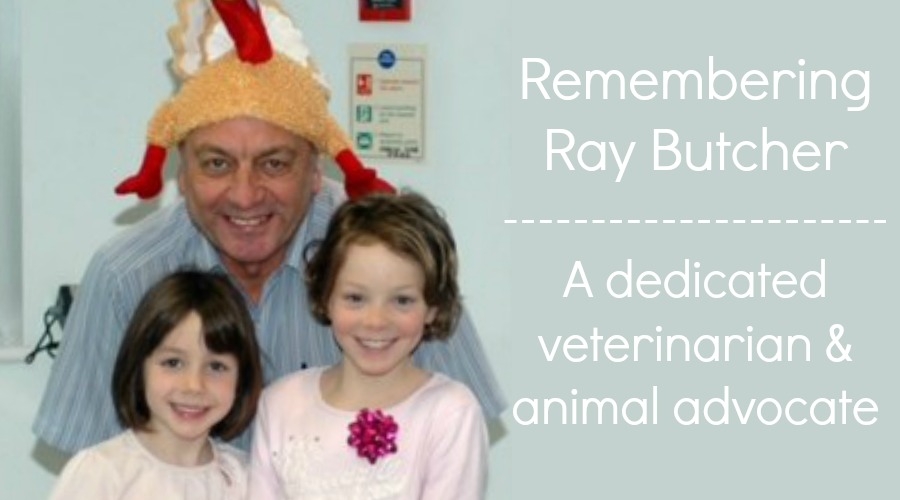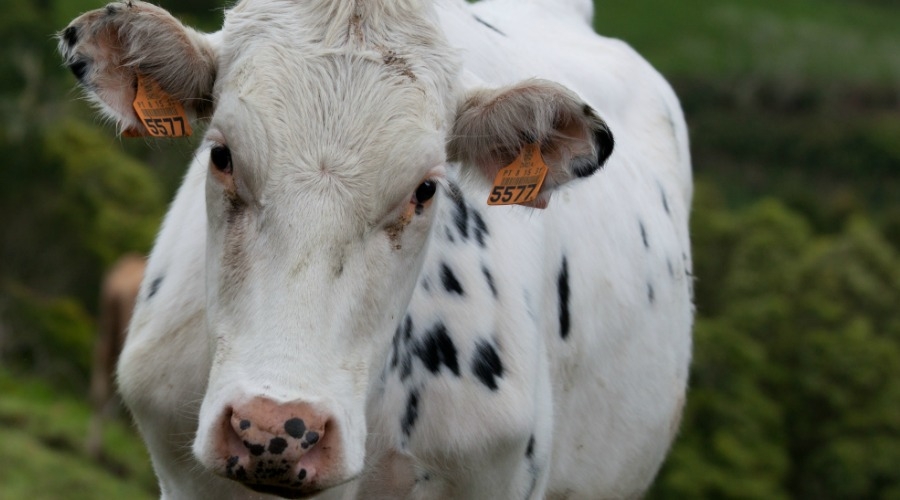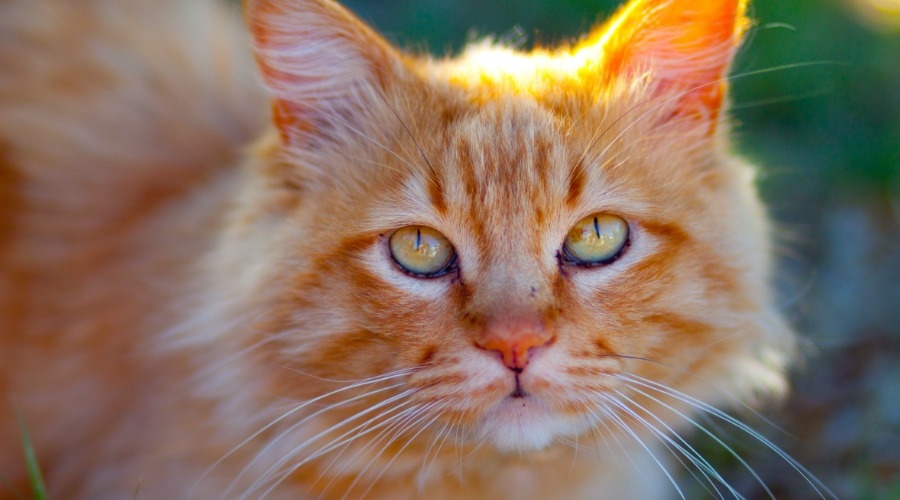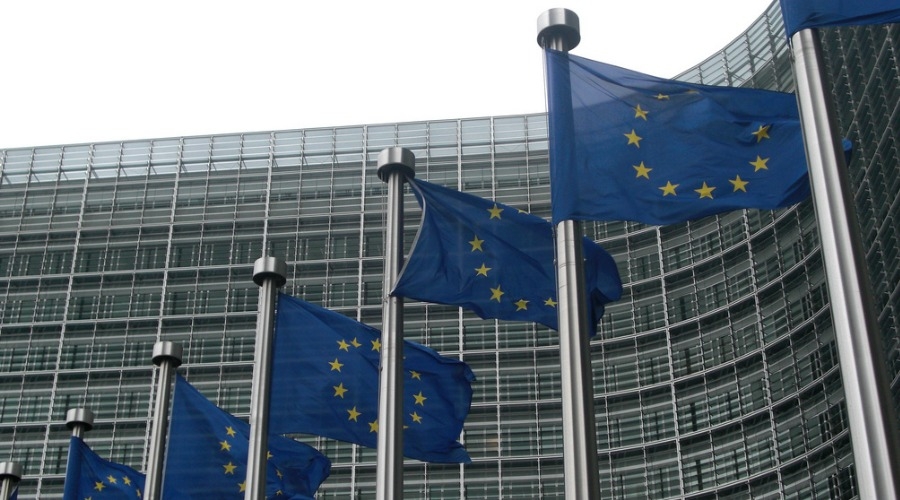
The first time I became aware of the many ways in which the development of industrial animal agriculture was harming humans, animals and the environment in ‘developing’ countries was back in 1999-2000, when I worked with fellow researchers Sari Varpama and WAN’s Wim de Kok on a major project for Compassion in World Farming (CIWF), funded by the International Fund for Animal Welfare (IFAW). This culminated in a set of research reports entitled “The Livestock Revolution: Development or Destruction”, which included in-depth research into the detrimental impacts of industrial livestock development in ‘developing’ countries and findings from in-country investigations in Brazil, Thailand, India, South Africa and China.
I find it unconscionable that animal welfare and human-animal relationships have not yet been mainstreamed in development policy and international development work. This despite the fact that there is a myriad of reasons why no country’s development should take place without giving full consideration to the situation and welfare needs of the sentient fellow animals sharing our territory, our homes, our work, our livelihoods, our leisure, and often our lives.
WAN Celebrates World Wildlife Day Through Humane Education
Written by Akisha Townsend EatonWho knew giant pandas enjoy doing somersaults? This month, World Animal Net celebrated the second annual World Wildlife Day through humane education in our own community.
Work Smarter Not Harder: Resources to Improve Your Communications Strategy
Written by Jessica BridgersWorking in animal protection, we all have important issues we are focused on and which we want to raise awareness about. Without raising awareness, many of our issues would see little improvement. However, the fact of the matter is that simply shouting the loudest about our cause won’t necessarily lead to the desired changes. We must work smarter, not harder.
The Positive List: Solution to regulate the sale and keeping of exotic animals as pets
Margot Décory, Public Policy department of AAP Rescue Centre for Exotic AnimalsWe at AAP Rescue Centre for Exotic Animals were very happy to see the new Dutch Positive List for mammals coming into force on the 1st of February. After 22 years of campaigning together with other animal welfare organizations, it is a huge milestone.
Organization Profile: The World Organization for Animal Health (OIE) (Part 1)
Written by Akisha Townsend EatonIn the animal protection world, there are many acronyms for very influential agencies and organizations. In this blog, we will attempt to explain some nuts and bolts of one such organization—The World Organization for Animal Health (OIE).
Last week, nearly 400 people, including many members of the animal protection community, gathered in Essex, England, to remember a dedicated veterinarian and animal advocate. Ray Butcher, a highly accomplished veterinary surgeon and WAN friend, died on February 2 after a lengthy illness, on his 63rd birthday. Ray was an inspiration to many around the world in his work to advance the welfare of animals. He is particularly remembered for his outstanding service to the veterinary profession.
Social Marketing for Animals vs. Social Media Marketing for Animals: Is There a Difference?
Written by Jessica BridgersWhen many people hear the term “social marketing” they imagine Facebook, Twitter, and the ever-growing world of social networks, which are increasingly used for targeted and effective marketing. However, “social media marketing” and “social marketing” are actually two different things. While “social marketing” might include social media as an outreach tool, social marketing can also utilize traditional communications channels. So, what is social marketing exactly and how does it apply to animals?
Using Sentience for Advocacy: A Few New Resources
Written by Jessica BridgersOn the heels of the recent recognition in the French parliament that animals are “living, sentient beings” who will now be recognized by their intrinsic value rather than market value, animal advocates are again reminded of the importance of emphasizing in their work the increasing body of scientific evidence for animal sentience.
Joint Declaration Calls for Improvements in Animal Welfare
Written by Akisha Townsend EatonWorld Animal Net is pleased to share the news that three EU Member States have issued a joint declaration to improve animal welfare through a number of means. In the declaration, Denmark, Germany and the Netherlands have agreed to pool their activities to improve animal welfare, and “urge the EU Member States and European Commission to acknowledge the need for better regulation, better animal welfare, and to promote awareness, EU-standards and knowledge.”

